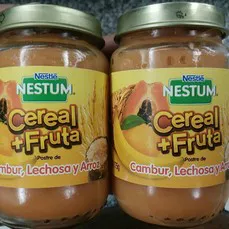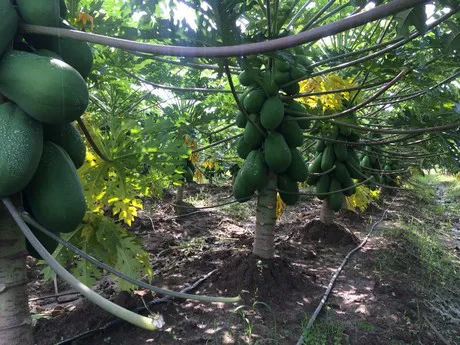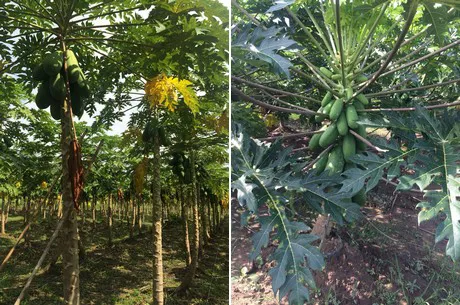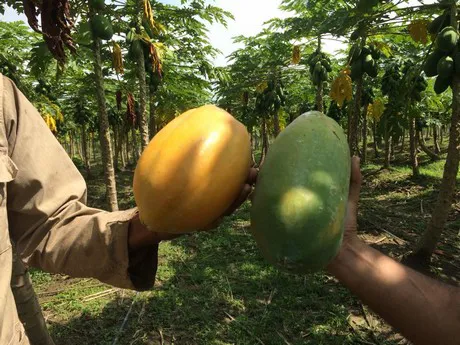

Gerardo also explained that they intend to start negotiations with importers in the US, the Caribbean islands, Europe and Asia, mainly "so that they can become familiar with the quality of our product." Junior is Cumare's ally in the internationalization of Venezuelan papayas and is currently planting the Passion Red variety. The seed is originally Mexican and the fruit has an extra sweet flavour and a high yield, which is why the quality of Venezuelan papayas is on the rise.

Another key factor behind the quality and performance of these crops is the use of biofertilizers and Effective Microorganisms (EM). Regarding fertilizers, Junior explains that "in addition to nourishing and reactivating the soils, they serve to strengthen the protection of crops against the attack of insects and diseases." In the case of EM, he said that "they turn the soils that cause diseases into disease-suppressing soils, in addition to improving their natural balance."

"When it comes to insect and pest control, we are using antagonistic fungi, which have the ability to exert a biological control effect," explains Junior. He and Cumare assure that with all these practices, more organic fruits are being produced with a lower use of pesticides and fertilizers of chemical origin.
